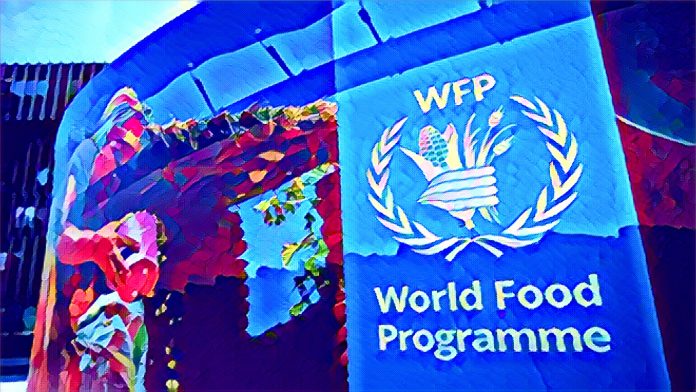KEY POINTS
- WFP needs $228 million to support food and nutrition efforts in northeast Nigeria.
- 32 million Nigerians struggle to feed themselves amid conflict and climate shocks.
- WFP urges leaders to address the root causes of hunger and promote peace.
The World Food Program says more than $228 million is needed to avert a catastrophe in northeast Nigeria and meet the food and nutrition needs of 1.6 million people over the next six months.
WFP Executive Director calls for action after Nigeria visit
In a statement issued on Monday by Chi Lael, head of communications and media for the United Nations WFP, the appeal follows WFP Executive Director Cindy McCain’s five-day visit to Nigeria.
“WFP needs $228 million to stave off catastrophe in northeast Nigeria and meet the food and nutrition needs of 1.6 million over the next six months,” the statement said.
According to a report by Punch, McCain said the WFP is working with the Nigerian government and the International Food Policy Research Institute on a new food systems program designed to help communities escape the cycle of conflict by building resilient, inclusive, and effective food systems to achieve self-reliance.
WFP urges leaders to address the root causes of hunger and promote peace
She called on public and private sector leaders to collaborate to address the root causes of hunger and promote peace in Nigeria.
“Despite its huge agricultural potential, Nigeria is now in the grips of a widespread humanitarian crisis driven by poverty, recurring conflicts, and climate shocks, with 32 million people struggling to feed themselves,” McCain said.
“What I have seen and heard during my visit to Damasak, in Borno state, is deeply disturbing. An urgent humanitarian crisis is unfolding in northern Nigeria, as the number of children with acute malnutrition soars and the ongoing conflict prevents millions from returning to their homes and lands.”
She emphasized the need for stability to resume agricultural activities in the region. “People there desperately need peace and stability so farming and food production can restart and this hunger crisis can be halted in its tracks.”



